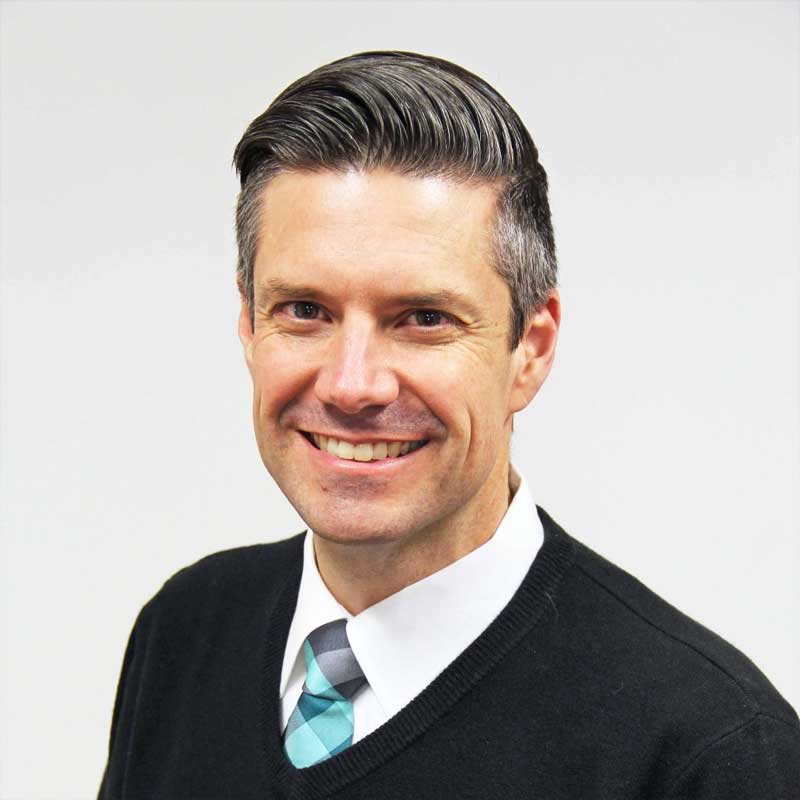Today we recognize Veterans Day in the United States. I was asked to offer some words of wisdom and understanding because of my experience — both as a soldier and a therapist. To provide some background, I served six years in the National Guard. In 2008 was deployed to Afghanistan as a member of Alpha Company in the 142nd MI Battalion, 300th MI Brigade, which was attached to the 101st Airborne Division.
In contemplating what I could say, I thought back to a couple years after I got back when I was in my car listening to the radio on the way to work. I was getting frustrated because every segment was about some war story or hero’s sacrifice on the battlefield. It was about 30 minutes later that I realized it was Veterans Day. Since then I don’t listen to the radio or watch the news on November 11th.
I sincerely hope that the video below might help to normalize your feelings as a veteran — positive or negative — surrounding Veterans Day. I also hope that it will offer some insight to loved ones and neighbors as they seek to honor veterans for their service.
How to support a Veteran on Veterans Day
Your first instinct might be to say, “Happy Veterans Day!” or “Thank you for your service,.” However, there are more individualized ways to talk with veterans on Veterans Day. Authors David Barno and Nora Bensahel offer suggestions in their article, How to Talk to a Veteran. The following are a few questions that can serve as conversation starters:
- When you were in the service, what was your job? What was the most rewarding part of doing it?
- What made you most proud of being in uniform?
- How did you spend your free time while you were deployed?
There are some who love to talk about their time in uniform and appreciate every bit of recognition offered. Each veteran’s experience is unique. Please, remember that’s the case, and show genuine interest in the individual. That will mean as much or more than anything else. If you are a veteran or family member of a veteran and are struggling with how to “return to normal” after a deployment, please reach out to our team at Covenant Family Solutions. We admire your service to our country and are here to help.




